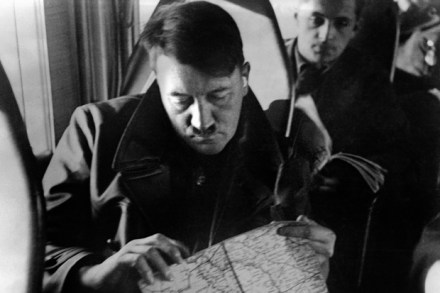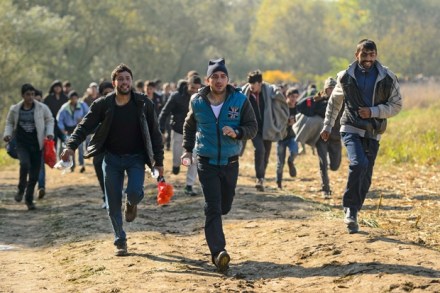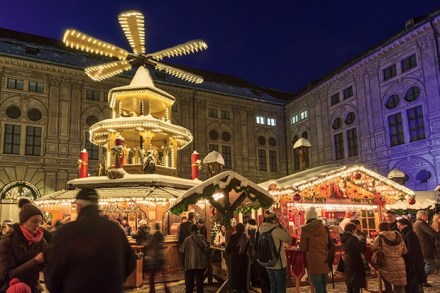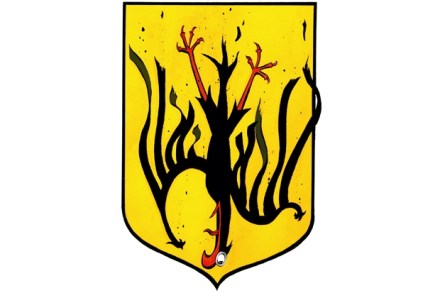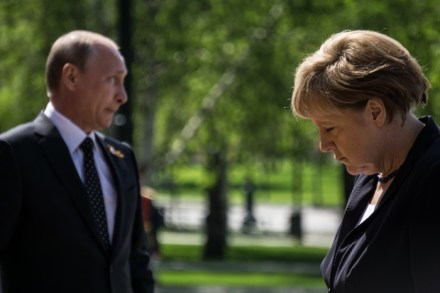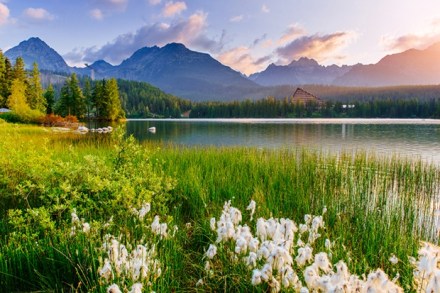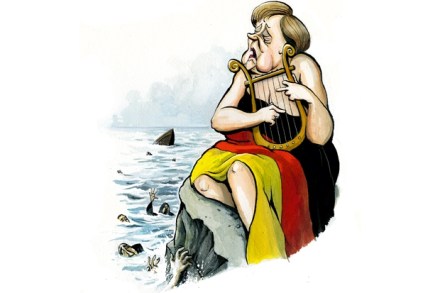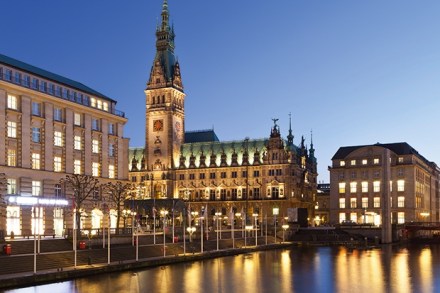Meet Jeremy Corbyn’s German doppelganger
Labour’s Jeremy Corbyn has a socialist doppelganger in Germany. Her name is Sahra Wagenknecht and she serves as co-chairperson of the largest opposition party in the German Bundestag—The Left Party. Her remarks blanketed the German media on Tuesday because she equated Islamic State terrorism in Paris with Britain’s aerial campaign designed to help destroy the terrorist organisation in the Syrian and Iraqi theatres of war. ‘Of course it is no less a crime to murder innocent civilians in Syria with bombs than it is to shoot them in Parisian restaurants and concert halls. One is individual terrorism, the other state-sponsored,’ Sahra Wagenknecht, an admirer of the now-defunct East German communist state



